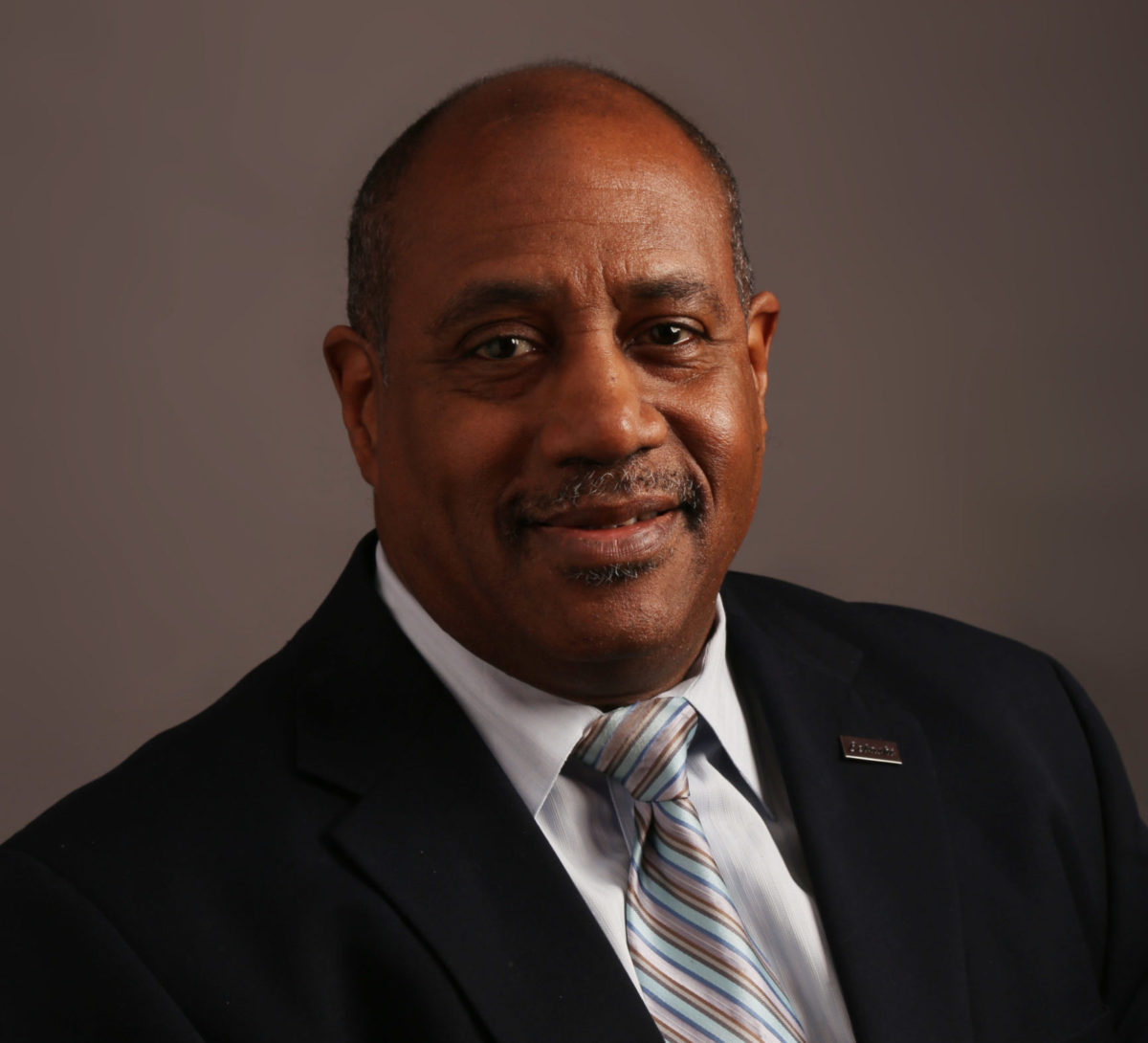Addressing health inequities in the African American community
 July 31, 2020
Category: Featured, Long, Purpose
July 31, 2020
Category: Featured, Long, Purpose
Disclosures
This guest column was written by Gary J. Bell, MSW, LCSW, BCD, the executive director of Bebashi – Transition to Hope.It was in the early 1980s that the Centers for Disease Control and Prevention (CDC) in its Morbidity and Mortality Weekly Report (MMWR) reported that five young, white, previously healthy gay men in Los Angeles had an unusual, rare lung infection that indicated that their immune systems were not working.
This was the first official reporting of what later became known as Acquired Immunodeficiency Syndrome (AIDS).
The disease started affecting many other groups, but it quickly began to ravage the African American community.
When a disease hits America, it typically devastates African American communities. The American healthcare system has long been plagued with inequities that have a deep impact on people of color and other marginalized groups. These inequities contribute to poverty, lack of or no access to health coverage and poorer health outcomes.
Studies show that Black Americans are more likely to have underlying health issues like diabetes, heart disease and lung disease. This could explain why our communities have been more affected by HIV and they account for a much larger share of HIV diagnoses (43%) and people estimated to be living with HIV (44%) than any other racial/ethnic group in the U.S., according to a 2018 report by the CDC.
If you examine the novel coronavirus, it mirrors how the AIDS epidemic affected African Americans who were contracting the disease and dying because they had no specific resources allocated or had little access to quality health care. COVID-19 and its impact on our community magnifies the long-standing social and economic inequities that have existed for minorities.
This past April, Dr. Anthony Fauci, the nation’s leading infectious disease expert and member of President Donald Trump’s coronavirus task force, pointed out that the coronavirus outbreak is “shining a bright light” on how unacceptable the health disparities between Blacks and whites are.
Nationwide, Black people account for 23% of COVID-19 deaths — that’s 2.5 times the rate of white people, according to the COVID Racial Data Tracker, a collaboration between the COVID Tracking Project and Boston University Center for Antiracist Research. With such a small percentage of Black Americans making up U.S. population, that is a significant percentages of deaths per capita.
While administering mobile COVID-19 testing in underserved areas and handing out masks can be a solution to stop the spread of the virus, it’s only a short-term band-aid. The real problem is the racial health disparities in this country that have cost so many people of color their health and their lives. The government and health care system need to create long-term solutions to fix the problem.
The Affordable Care Act (ACA) has significantly increased Americans’ ability to get the health care they need since the law’s main provisions went into effect in 2014, according to a recent study by The Commonwealth Fund. The study indicates that the ACA narrowed racial and ethnic disparities, which was a key objective of the law. The study cites that Blacks and Hispanics had the highest uninsured rates prior to the law’s passage and have made the largest gains. The uninsured rate for Black adults dropped from 24.4% in 2013 to 14.4% in 2018, while the rate for Hispanic adults decreased from 40.2% to 24.9%.
As the ACA has helped many minorities access health care, the Trump Administration has recently asked the Supreme Court to overturn the law. This would permanently end health insurance coverage in the midst of a global pandemic and strip benefits away from some of the most vulnerable communities.
How Bebashi addresses health disparities
Thirty-five years ago, Bebashi — Transition to Hope was founded to address the AIDS epidemic afflicting the African American community in Philadelphia. The organization was stunned by the crushing poverty and other social determinants of health impacting lives of Philadelphia’s communities of color. More than a decade ago, Bebashi began to expand its services to address many of the health disparities that directly impact the communities it serves.
Philadelphia is the poorest large city in the nation, with roughly 26% of residents living below the federal poverty line. That’s about 400,000 Philadelphians who are in dire need of social services — such as the ones Bebashi provides.
For example, food insecurity continues to grow in Philadelphia. One in five Philadelphians do not know where or how to get their next meals, and more than 215,000 children live in food insecure homes, according to a 2018 Greater Philadelphia Hunger Report issued by Hunger Free America.
As a grantee of the Pennsylvania Department of Health and Human Services for the Health Enterprise Zone (HEZ), Bebashi is providing healthy and nutritious meals to 14 designated HEZ zip codes in North and Northwest Philadelphia. Bebashi’s FoodFirst Pantry is one of the largest food cupboards in North Philadelphia and since the pandemic hit and shut the city down, has been feeding more than 900 individuals and their families each month.
As an organization built on the foundation of providing care to the most vulnerable communities, Bebashi has a free primary care clinic that treats the uninsured and underinsured.
To further support the community, Bebashi began providing free legal help for those with criminal records through its partnerships with the Philadelphia Lawyers for Social Equity and the Barrister’s Association of Philadelphia. When you have a criminal record, it can be challenging to secure a job, housing or public benefits.
Throughout its 35-years and for many more, Bebashi will remain on the forefront of developing interventions to address social determinants that impact economically-disadvantaged Philadelphians. The organization will continue to trail-blaze and lend a hand to those who are transitioning to hope.
Trending News









